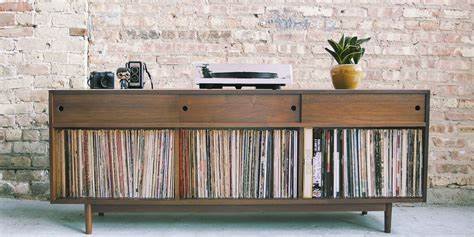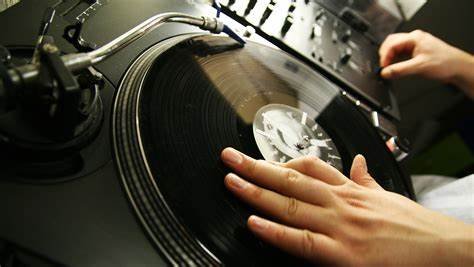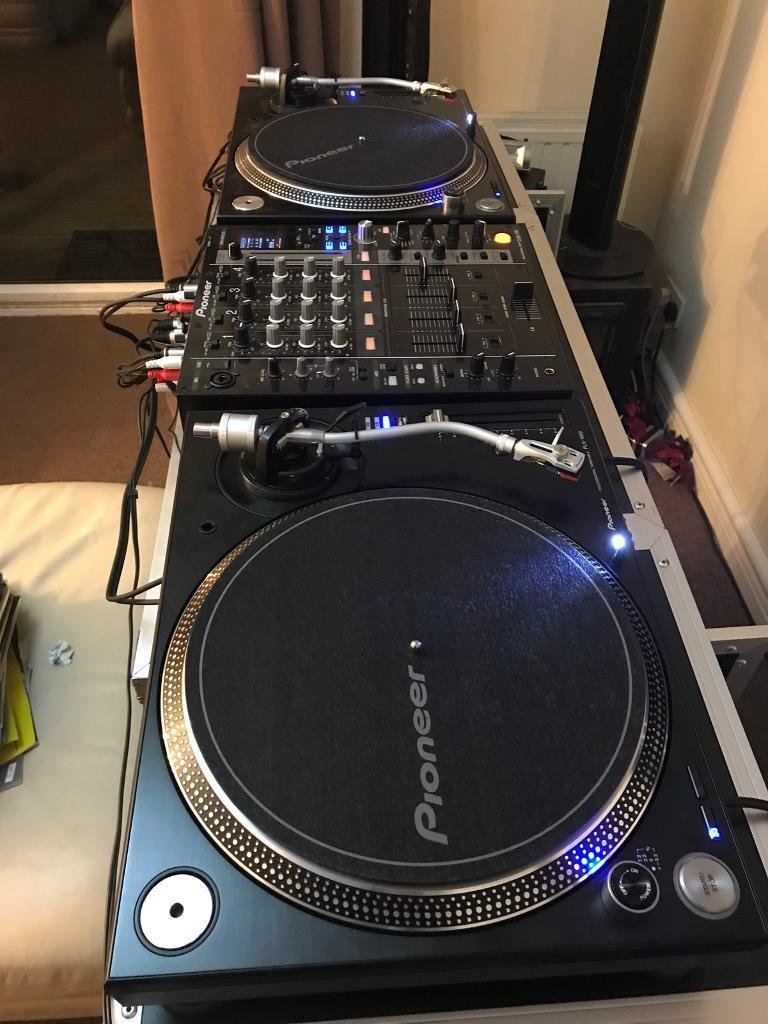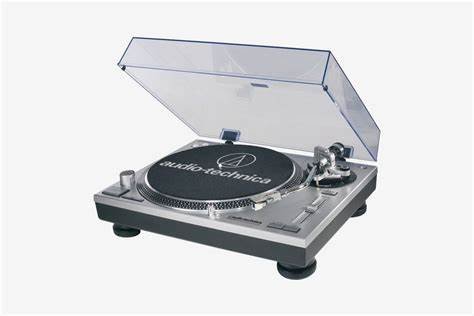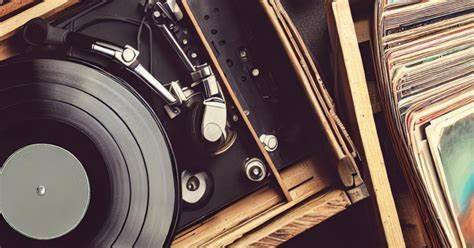Vinyl records are not only a popular format for music lovers but also a valuable investment for collectors and DJs. To ensure that your vinyl records last a lifetime and continue to deliver excellent sound quality, proper maintenance and storage are essential. In this guide, we’ll explore some important tips for keeping your vinyl records in top condition.
1. Clean Your Records Regularly
Regular cleaning is one of the most important steps in maintaining vinyl records. Dirt, dust, and grime can accumulate on the grooves, causing pops, crackles, and even damage over time. Here are a few ways to clean your vinyl records effectively:
- Use a Carbon Fiber Brush: Before and after each play, gently use a carbon fiber brush to remove any loose dust and particles. Brush in a circular motion along the grooves to ensure thorough cleaning.
- Record Cleaning Kits: Invest in a high-quality cleaning kit that includes a cleaning solution, microfiber cloth, and a velvet brush for deeper cleaning.
- Record Cleaning Machine: For serious collectors, a record cleaning machine can be an excellent investment. These machines use brushes and suction to remove dirt from the grooves, providing a deep and effective clean.
2. Handle Records Properly
Handling vinyl records with care is crucial to prevent damage. Follow these tips when handling your records:
- Hold Records by the Edges: Always handle records by the edges or the labeled center. This minimizes the risk of leaving fingerprints or oils on the grooves.
- Clean Your Hands: Make sure your hands are clean and free from oils before touching records to avoid transferring dirt and grease onto the surface.
- Use Inner Sleeves: When removing or storing records, make sure to place them back into their inner sleeves to protect them from dust and scratches.
3. Store Vinyl Records Vertically
Proper storage is essential to keeping your vinyl records in good shape. Follow these guidelines to store your records safely:
- Store Records Upright: Always store records vertically, like books on a shelf. This prevents warping and keeps them from being bent or damaged.
- Use Record Storage Boxes or Shelves: Invest in storage boxes or dedicated vinyl shelves that allow records to stand securely. Ensure that the storage area has sufficient space to avoid putting pressure on the records.
- Avoid Overcrowding: Don’t pack too many records tightly together. This can cause pressure on the grooves, leading to warping and reduced sound quality.
4. Control the Temperature and Humidity
Environmental factors like temperature and humidity can have a significant impact on the longevity of vinyl records. Here are a few tips for maintaining an ideal environment:
- Temperature: Keep your records in a cool, dry area, away from direct sunlight. Extreme heat can cause warping, while fluctuating temperatures can lead to expansion and contraction of the vinyl material.
- Humidity: Aim for a humidity level between 40% and 60%. Too much moisture in the air can cause mold growth, while too little moisture can dry out the records and make them brittle.
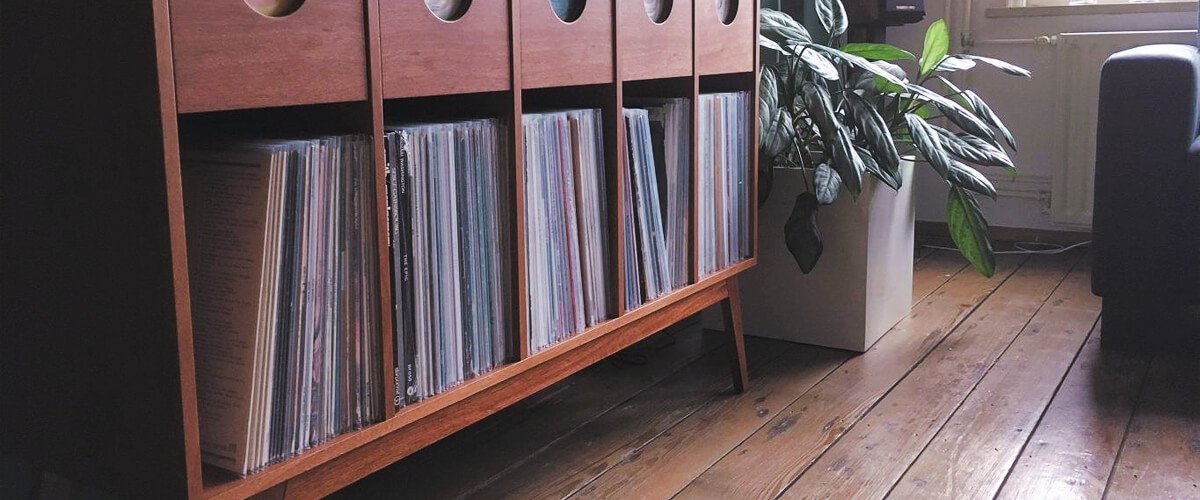
Enjoy Exclusive Online Casino Perks
At Jazzy Joe, we bring you the latest and most exciting updates from the world of online casinos, including promotions, gaming tips, and trusted platforms. If you’re looking to get started without spending a dime, explore this generous no deposit bonus that lets you experience top-tier games risk-free. Our curated guides and expert reviews ensure you make the most of every gaming opportunity. Stay connected for more insider insights and unbeatable casino offers.
5. Keep Records Away from Direct Sunlight
Direct sunlight can cause long-term damage to your vinyl records. The UV rays can break down the material and cause fading, warping, and even cracking.
- Store Records in a Dark Place: Store records in a dark room or closet, away from windows or any direct sunlight.
- Use Outer Sleeves: Protect your records with high-quality outer sleeves, which can help shield them from light exposure and prevent scratches.
6. Avoid Storing Records Near Speakers
The powerful vibrations from speakers can cause records to degrade over time, especially if they are stored directly next to them.
- Store Records Away from Speakers: Keep your records away from your speakers to prevent vibrations that can damage the grooves. Ideally, place them in a quiet, vibration-free area.
7. Replace Damaged Inner Sleeves and Outer Covers
Vinyl records often come with inner sleeves that protect the grooves. Over time, these sleeves can become worn or damaged, leading to scratches and dirt accumulation.
- Replace Inner Sleeves: If the inner sleeve becomes damaged, replace it with a high-quality anti-static sleeve. These types of sleeves help to reduce static and keep the records free from dust.
- Protect the Outer Cover: Use outer plastic covers to protect album jackets from wear and tear. This helps preserve the artwork and prevents damage from friction.
8. Regularly Inspect Your Records
Perform routine checks on your vinyl records to identify potential issues early on. Look for signs of damage such as scratches, warps, or dust build-up that might affect sound quality.
- Check for Warping: Gently place a record on a flat surface to check for warping. If the record appears warped, it may still be playable, but the sound quality could be affected.
- Examine the Grooves: Inspect the grooves under a bright light to check for dirt, dust, or scratches. Use a magnifying glass if necessary to detect fine scratches.
Linking Within Our Creative Space
At Jazzy Joe, we love sharing insights about our design philosophy, product launches, and style stories in a genuine tone. Occasionally we include external examples to show how links can be integrated with care — for instance, here’s jackpotjillvip Casino Official as a demonstration of responsible external linking. Our main emphasis remains on showcasing art, creativity, and our curated collections. Any link we include is meant to feel seamless and aligned with our brand voice.
9. Avoid Playing Scratched or Damaged Records
If a record has visible scratches or damage, it’s best to avoid playing it until it can be cleaned or repaired. Playing damaged records can worsen the issue and cause even more harm to the grooves.
- Inspect Records Before Playing: Always check records for visible damage before putting them on the turntable to ensure you’re not playing something that might ruin your stylus or affect the sound.
10. Invest in a High-Quality Turntable and Stylus
The quality of your turntable and stylus plays a major role in how well your records are played and maintained.
- High-Quality Stylus: A good quality stylus reduces wear and tear on your records and provides a cleaner, more accurate sound.
- Turntable Maintenance: Regularly maintain your turntable by checking for alignment issues, cleaning the platter, and ensuring the motor is running smoothly.
Exploring Diverse Online Entertainment Options
JazzyJoe.com offers a unique blend of content, and for those interested in exploring online gaming, consider checking out real money casino in australia. It offers a different form of digital entertainment alongside the resources found on JazzyJoe.com.
Experience Fun and Entertainment
Jazzy Joe offers the latest in music, lifestyle, and entertainment news, keeping fans engaged and inspired. For those seeking a thrilling online experience, Jokacasino Portal delivers exciting casino games in a safe and accessible environment. Combining entertainment and leisure, readers can enjoy both cultural insights and interactive gaming. Dive into a world where information and fun come together seamlessly.
Music, Style, and Playful Fun
Jazzy Joe celebrates vibrant music and lifestyle content that keeps readers entertained and inspired. After enjoying the latest tunes and stories, https://stellarspins.nokyc-casino.io offers an engaging way to relax with interactive games. It’s a perfect combination of cultural enjoyment and playful entertainment.
Music Fans Dive into Fantasy Sports Betting Sites USA
Listeners at fantasy sports betting sites usa find excitement in combining rhythm with strategy. Managing fantasy teams can feel like composing a perfect playlist. Fans enjoy balancing analytics with entertainment. It’s a creative and engaging pastime.
Conclusion
Proper care and maintenance of your vinyl records can help extend their life and ensure they continue to provide great sound. By cleaning records regularly, handling them with care, storing them correctly, and maintaining a proper environment, you’ll protect your vinyl collection for years to come. Remember, the effort you put into preserving your vinyl will pay off in the form of long-lasting enjoyment and the preservation of music history.
Smooth Tunes & Top Casino Payouts
Jazzy Joe brings you the best in jazz music for a soulful listening experience. For more excitement, explore a kiwi payout casino and enjoy top rewards with thrilling games. Relax with great music and big wins!







